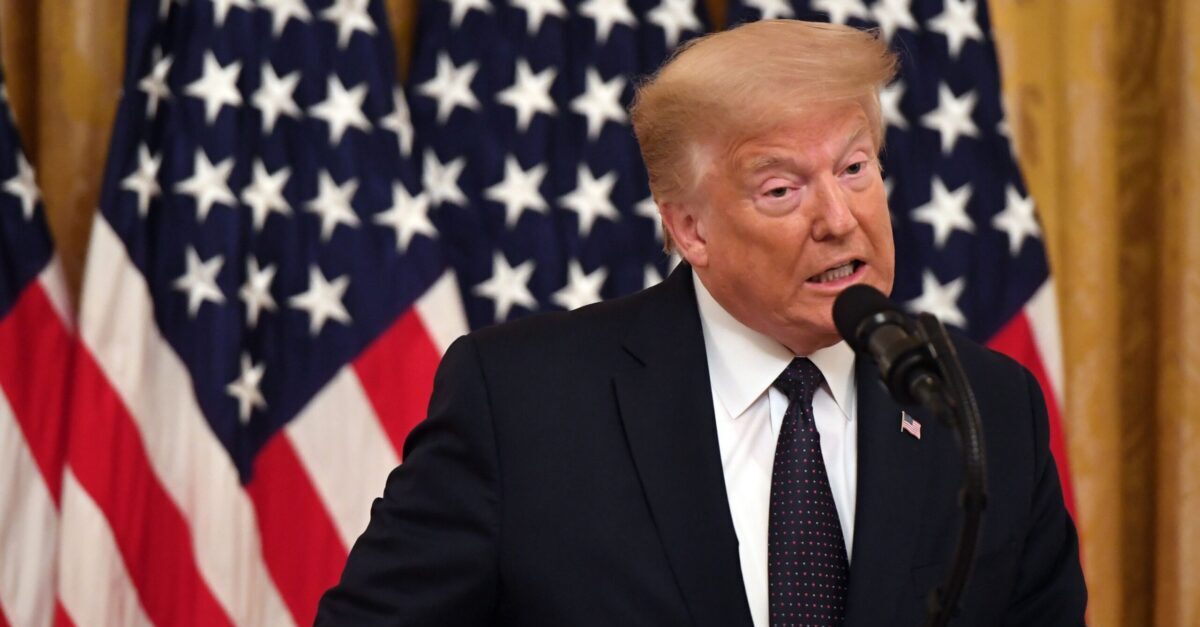
Two federal judges on the U.S. Court of Appeals for the Eleventh Circuit on Monday said they would not be recusing themselves from a case over Florida’s Amendment 4, which denies individuals with prior felony convictions the right to vote if they cannot afford to pay certain fees and fines. The circuit judges – both of whom were appointed by President Donald Trump – had previously participated in litigation over the law during their time on Florida’s state supreme court.
“We’ve reviewed the Code of Conduct for United States Judges and 28 U.S.C. section 455. We have also consulted with experienced colleagues. We have carefully considered whether disqualification is legally required, and because we did not serve as lawyers or trial or appellate judges in this case, we’ve concluded that it is not,” U.S. Circuit Judges Barbara Lagoa and Robert Luck wrote in a 25-page decision.
Earlier this month, a full panel of federal judges on the Eleventh Circuit, which sits in Atlanta, agreed to rehear an appeal in the case that could potentially restore the voting rights of up to 1.4 million former felons in the state. The rare en banc hearing was granted after the plaintiffs argued that a “pay-to-vote” system was unconstitutional and represented the equivalent of a “modern day poll tax.”
Following the court granting the request for an en banc hearing, the plaintiffs filed a motion requesting that Lagoa and Luck recuse themselves from the proceedings, noting that that while sitting on the Florida Supreme Court last year, both judges heard oral arguments and participated in crafting an advisory opinion on Amendment 4.
In a 25-page decision, the judges said that their prior participation in state-level Amendment 4 proceedings did not require their disqualification from the en banc panel, reasoning that the current controversy could be easily distinguished from the past case.
“As discussed below, these two cases involve different kinds of proceedings (advisory opinion vs. Article III case-and-controversy), in different courts (state supreme court vs. federal court), with different issues (interpreting state constitution vs. federal constitutional questions), and different players (“interested persons” vs. parties). And nothing in this case asks us to review the correctness of the Florida Supreme Court’s decision in Advisory Opinion to the Governor,” the judges wrote in denying the motion for recusal. “Our system of federalism rests upon the guarantee that our federal and state governments retain their separate sovereign identities, and the state court systems are no more part of the federal court system than the state legislatures are part of Congress. The suggestion that the Advisory Opinion to the Governor proceeding and this case are the same ‘proceeding’ misapprehends this basic premise of our national constitutional structure.”
The judge’s decision also came less than a week after Democrats on the Senate Judiciary Committee sent letters to both Lagoa and Luck asking them to explain why they hadn’t agreed to recuse from the proceedings.
The judges reiterated that their promises to the Committee to recuse from “any case” in which they participated, expressly used the word “case” and therefore were not applicable to an entirely different type of prior proceeding.
Read the full document below.
Jones v Florida Recusal Opinion by Law&Crime on Scribd
[Photo by SAUL LOEB/AFP via Getty Images]